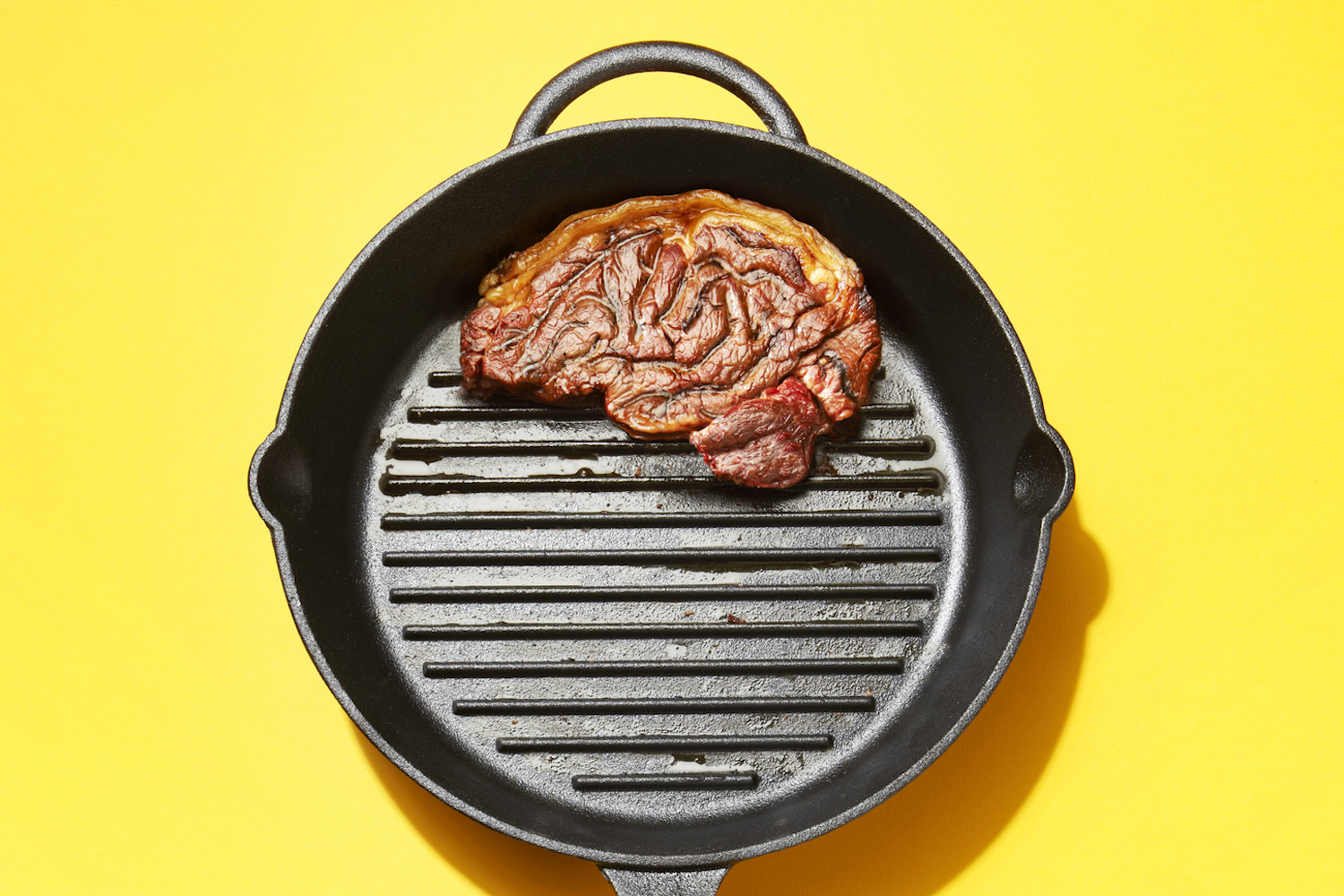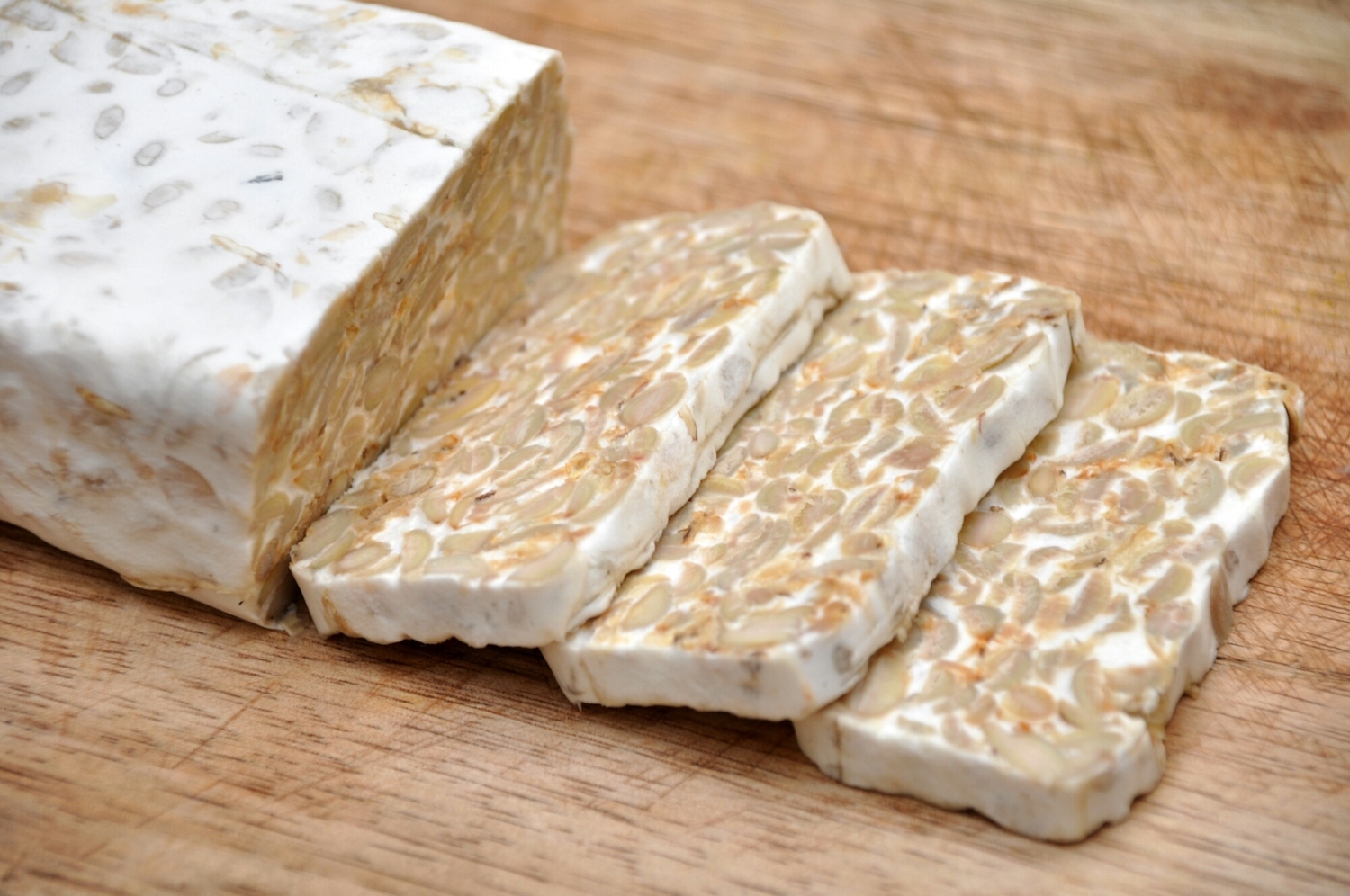
Not sleeping well? On edge? Easily distracted? Your brain might be hungry. Try eating more of these foods with a few (really, really) easy recipes.
1. Brassicas
Like cabbage, cauliflower, and kale, they pack sulforaphane, a compound Korean scientists say can clear brain gunk (technical term). This gunk, called beta-amyloid and tau proteins, may lead to Alzheimer’s disease symptoms. No, thanks.
Eat It: Next time you stirfry, replace half the rice with pre cut cabbage. Bonus: a solid kJ cut.
2. Tempeh
New protein alert! A 115-gram serving of this fermented soybean cake (tastier than it sounds, promise) has 23 grams of protein as well as bacteria that may improve how your brain handles anxiety, a 2017 Chinese study found.
Eat It: Try tossing cubes of tempeh into a salad with ginger dressing or stirring them into a spicy vegetable curry.
3. Chickpeas
The main ingredient in hummus, they’re filled with tryptophan, an amino acid that may help you fall asleep faster and also sparks processes that may limit brain inflammation, found a 2016 Nature Medicine study. Mmm, hummus. On warm pita.
Eat It: Pair your dip with high-GI carbs, which help absorb tryptophan, says Dr W. Christopher Winter.
4. Cod
The fish has a protein called parvalbumin, which a 2018 study reports may decrease your risk of Parkinson’s disease. Cod also has omega-3s and vitamin D, which help synthesise mood-boosting serotonin. (It tastes good, too.)
Eat It: Top a fillet with a bit of butter, a dash of white wine and lemon juice, then bake at 200°C until flaky, 15-20 minutes.
5. Clams
Fish get all the brain-food credit, but 85 grams of clams have 1400 per cent of your daily B12. A 2016 study found that people with lower B12 levels showed poorer learning ability than those with higher levels.
Eat It: Add a half cup of beer and 50 clams to a pot. Heat on high, pot covered. Clams are done when open. Easy!














